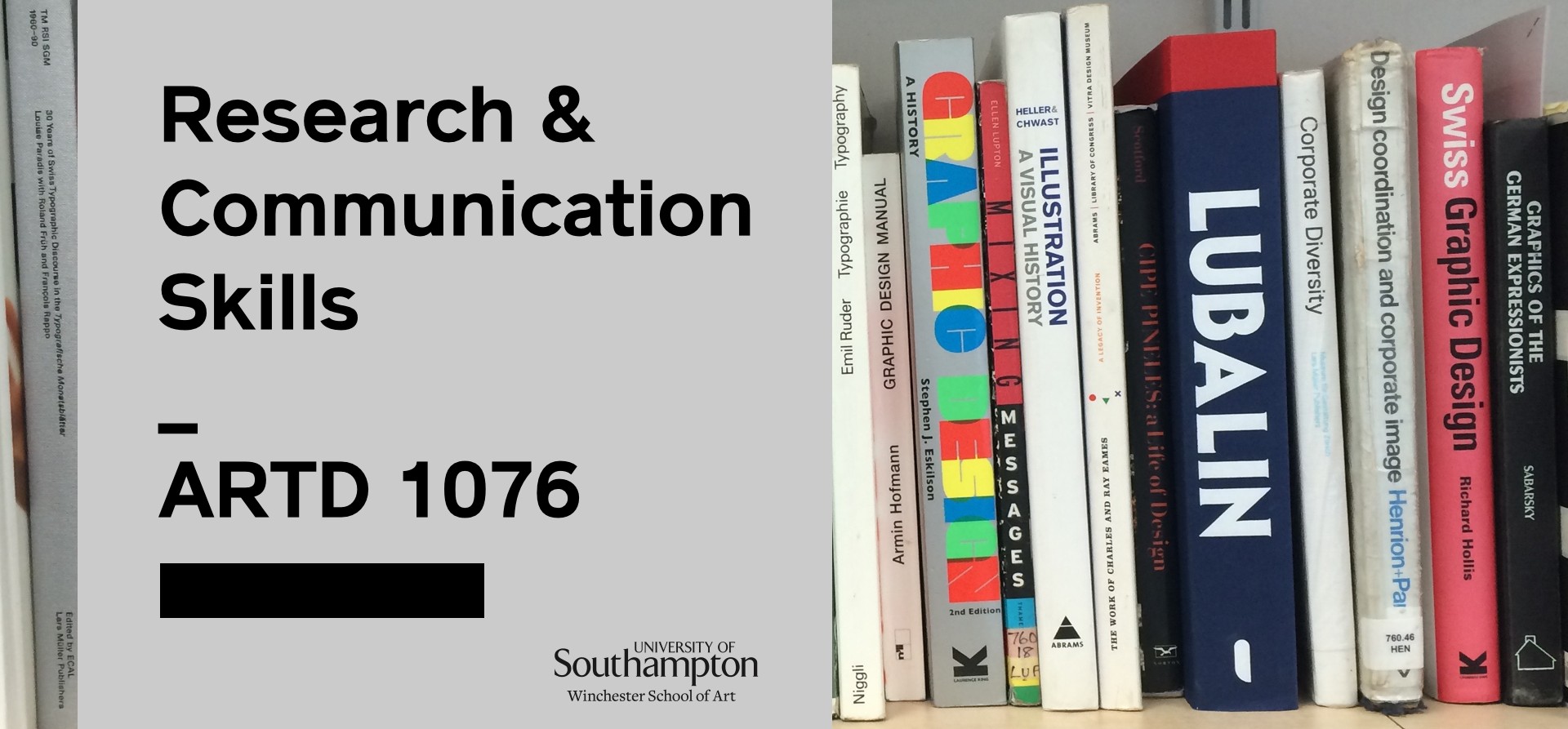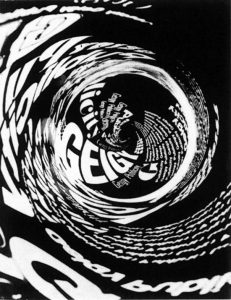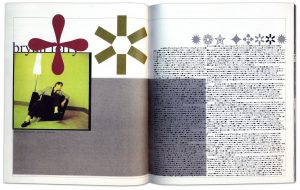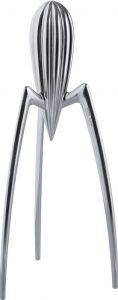‘In art, postmodernism was specifically a reaction against modernism, which had dominated art theory and practice since the beginning of the twentieth century. The term postmodernism is also widely used to describe challenges and changes to the established structures and belief systems that took place in Western society and culture from the 1960s onwards.’ (Tate) Within the ‘classic’ style of post modernism design I think of the multiplicity that combines various styles into an ordered chaos including styles of ed fella, April Greiman and frank gehry.
Designers deconstructed the norm and a paradigm shift began from straightforward answers in modernism to questioning what was in front of you in post modernism. German designer Wolfgang Weingart is a pioneer of graphic posters that used these ideologies into his practice. Getting rid of the grid system and ordered typography, shifting towards a fragmented design. Emphasizing on design for the designer rather than for the user. The focus of the work was
‘The semantic value of design, rather than its utilitarian qualities. In other words, it is the meaning of a product, rather than the uses to which it is put, that is the primary criterion in its conception and use.’(J.Heskett 2002)
Another very good example of this is David Carsons spread on musician bryan ferry in ray gun magazine. Upon reading the article, Carson found it tiresome and so as a solution, he converted the text into Zapf Dingbats typeface, which is made up of symbols rather than letters. This was going against all the rules, leaving the article illegible and following the characteristics of post modernism. Nonetheless, the text was presented in an understandable font at the back of the issue with the asterisk motif.
The Postmodern movement influenced the western world on a huge scale, from art, design and philosophy. Within product design, taking on the movement created open doors for designers to be free from their normal boundaries. Objects took on arbitrary forms, which favored form over function but justified by their meaning. Italian company Alessi along with a plethora of household utensils, presented the ‘Juicy Salif’ designed by Philippe Starck. Alessi describe the product as ‘A truly iconic object and symbol not only of Philippe Starck but of Alessi itself, this citrus squeezer – as revolutionary as it is surprisingly functional’ (Alessi) However the product is exceptionally lacking in its practical use and has become more of a fashion statement.
Alessi.com. (2017). Juicy Salif – ALESSI. [online] Available at: https://www.alessi.com/gb_en/juicy-salif.html [Accessed 6 Dec. 2017].
Carson, D. (n.d.). David Carson Ray Gun. [image] Available at: https://processandskills.com/2013/04/21/david-carson-and-his-notorious-use-of-dingbats/ [Accessed 6 Dec. 2017].
Csun.edu. (2017). David Carson. [online] Available at: http://www.csun.edu/~pjd77408/DrD/Art461/LecturesAll/Lectures/PublicationDesign/DigitalTimes/David-Carson.html [Accessed 6 Dec. 2017].
Heskett, J. (2002). Design: a very short introduction. New York: Oxford university press inc.,New York, p.38.
Juicy Salif. (n.d.). [image] Available at: http://store.alessi.com/aus/en-gb/catalog/detail/juicy-salif-citrus-squeezer/psjs [Accessed 6 Dec. 2017].
Tate. (2017). Postmodernism – Art Term | Tate. [online] Available at: http://www.tate.org.uk/art/art-terms/p/postmodernism [Accessed 5 Dec. 2017].
Weingart, W. (n.d.). [image] Available at: http://www.historygraphicdesign.com/the-age-of-information/postmodern-design/538-wolfgang-weingart [Accessed 6 Dec. 2017].



